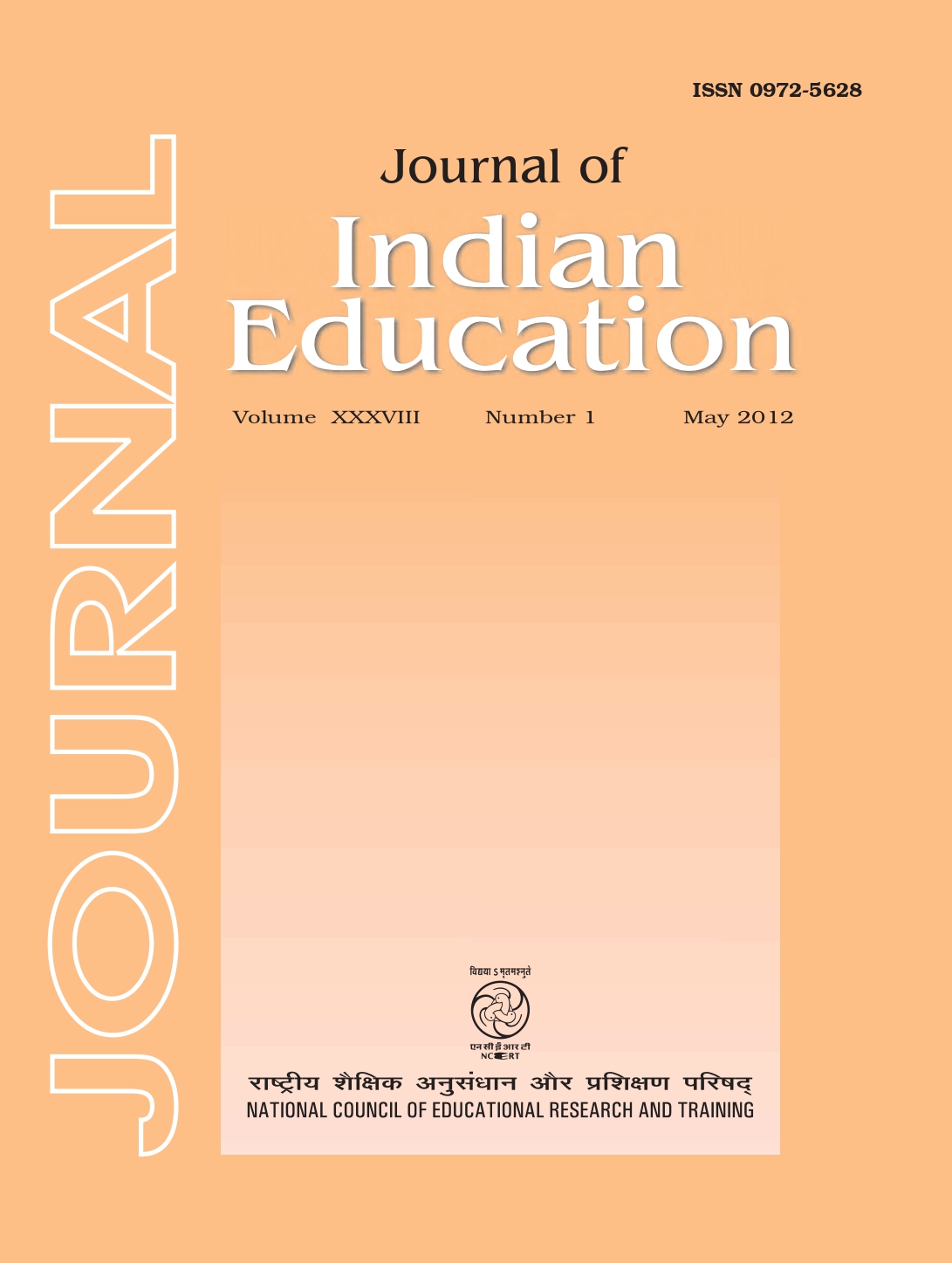Published 2024-12-03
Keywords
- Science Education,
- Moral Education
How to Cite
Abstract
The discipline of Science has generally been viewed as absolute and value-free. 20th century has seen sciences endowed with materialist and technological bent of researches. Technology as a fruit of it seems to have abstracted itself completely from the society at large. This has been a direct result of the positivist character of science that completely neglects the naturalistic order. Scientists and technologists have never been concerned with the ethical or moral questions that arise in the society. But it has now been agreed rather proved that science and technology without ethics cannot be liberating in a true sense and since then there has been a constant urge to include this component in science education. One suggested way of integrating the ethical component into science is the integration of socio-scientific issues** in the science curriculum with a sound grounding in ethics. The present paper attempts to elaborate upon two such contentious issues: genetically modified crops and animal experimentation, along with the socio-ethical debates centered on them. The purpose of the present paper is to highlight the areas of confluence between science and ethics, portray their significance in science education as well as to show the need for pedagogical improvement and innovation with regard to dealing with these issues in the classroom.

